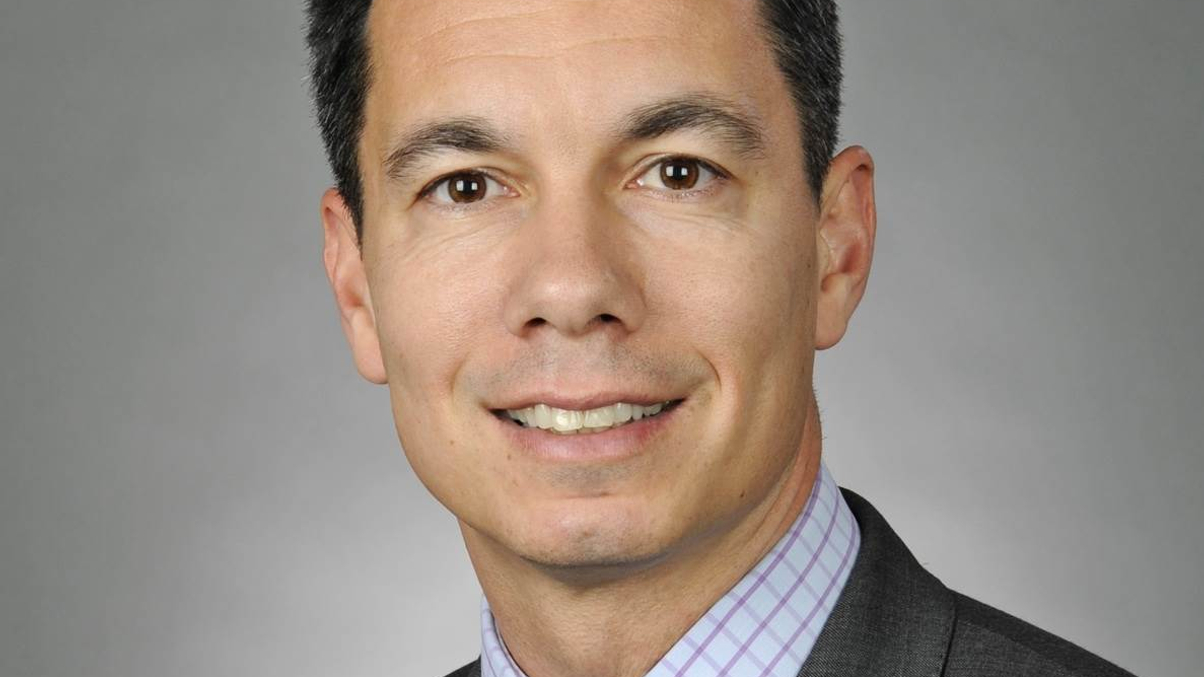Northern Trust "okay" with slower China growth
So long as that GDP growth is cleaner and greener due to China's push to reduce corruption and pollution, said Wayne Bowers, the firm's CEO of Emea and Asia Pacific.

While China’s slowing growth has sparked debate about how low it will go, the quality of that growth is improving, said Wayne Bowers, chief executive of Northern Trust Asset Management for Europe the Middle East and Africa, and Asia Pacific.
Sign in to read on!
Registered users get 2 free articles in 30 days.
Subscribers have full unlimited access to AsianInvestor
Not signed up? New users get 2 free articles per month, plus a 7-day unlimited free trial.
¬ Haymarket Media Limited. All rights reserved.


